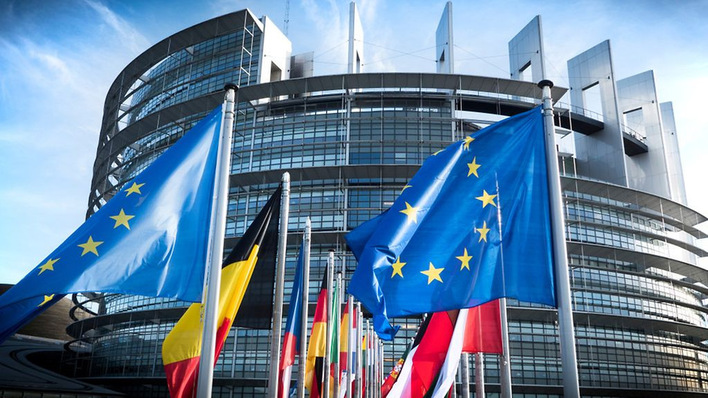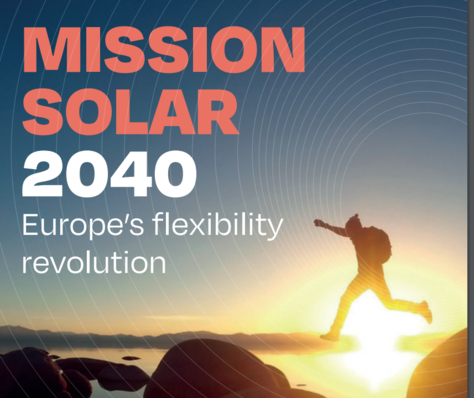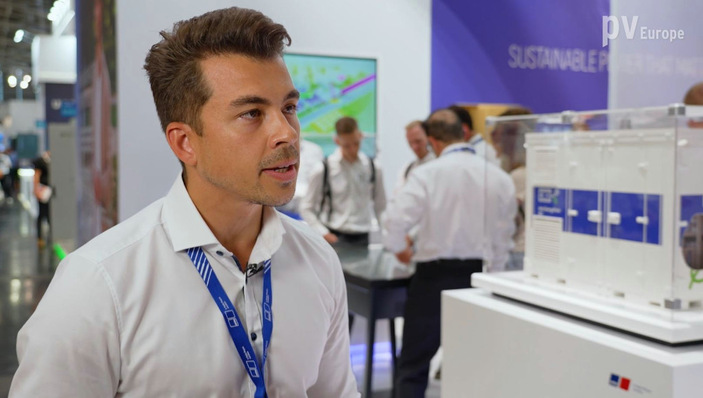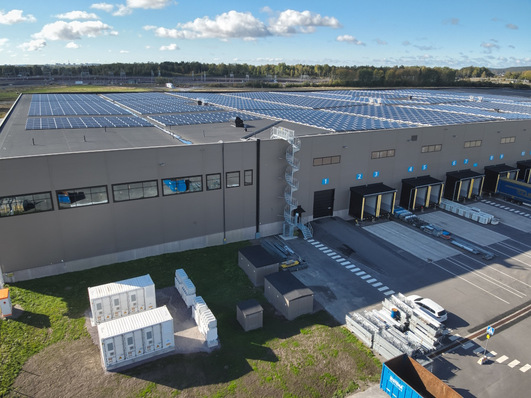You have been in the business of batteries for 25 years. Looking back, what strikes you most?
Herbert Schein:The momentum in a wide variety of applications. That is astonishing. In the 70s and 80s, battery technology was driven chiefly by applications in telecommunications. From 2008 onwards, car manufacturers and the energy transition began to push developments on. In 2009, we started our first joint venture with Volkswagen to do research on the next generation of lithium ion batteries. The technology and experience gained from that is now being used in our microbatteries and in Varta Storage, our stationary storage system. In 2013, we built a factory for hearing aid batteries in Ellwangen, which can now produce up to one billion cells per year. These batteries are very small and are characterised by high energy density and the precision of their manufacturing. 2015 saw the introduction of our home storage system Varta Element, which we are building in Nördlingen.
Until last year’s Intersolar, your photovoltaics storage units were marketed as the brand Engion. Now these products are being sold within the Varta brand. How come?
After an introduction period, we now want to also use our traditional brand for stationary storage. That makes sense, because Varta is renowned and trusted by consumers as Germany’s top brand for batteries. That is true for both primary and secondary batteries.
What do you mean by that?
Primary batteries can only be discharged once and then have to be recycled. By secondary batteries we mean rechargeable ones. And the strength of the Varta brand is not limited to Germany. It is also well-known in Austria, Switzerland, Eastern Europe, the Low Countries, Italy, France and northern Europe. Varta is a globally successful brand.
You have two production sites in Germany, in Ellwangen and in Nördlingen. How is the production distributed?
Varta Microbattery in Ellwangen produces and markets small battery cells. This is our core business, where we are world leaders. They are required for hearing aids, watches and as round cells in heat cost allocators. Energy efficiency and the rising energy prices have become a higher priority these days, so that there is also a demand for such heat cost allocators in other countries. The export market is growing, along with the market for hearing aid batteries. That is partly a result of the aging population, a phenomenon that is not limited to Germany. Our batteries are also used in servers that require buffering capabilities. There they have to be able to withstand high temperatures over long periods of time. Such batteries are under a lot of strain, and you can only deliver the necessary reliability and quality if you get to grips with those kinds of requirements.
And what about Nördlingen?
At Varta Storage, we are producing our stationary electricity storage systems. They are based on lithium ion cells. We are closely collaborating with Volkswagen to do research – and already producing on a pilot production line.
In what kind of a position are you when it comes to global sales?
Generally speaking, there are very few truly local markets left. For instance, Varta is in a strong position in Asia, where we have an extensive sales network. The latest development is batteries for wearables, i.e. the many small wearable gadgets connected around smart phones. Among them are premium headsets that operate on small high-performance batteries. Just to give you a few figures to show on what scale we are operating: Every day, Varta produces three million small cell batteries for hearing aids. Such button cells are three to five millimetres thick and weigh between 0.3 and one gram. Our share of the global market is 50 percent, 80 percent in Japan.
The interview was conducted by Heiko Schwarzburger, editor-in-chief of pv Europe.
Read more:
Part Two: “A Battery Cell Has 150 Dials That You Can Change While You Are Making It”
Part Three: “Medium-Sized Storage Systems Up To 200 kWh Have The Best Prospects”







